January is National Train Your Dog Month! A well-trained dog is less likely to exhibit behavioral problems later in life but did you know that proper socialization for puppies is the best way to prevent future issues? Appropriate socialization, which includes exposing puppies to new people, animals, stimuli and environments – during the first three months when sociability outweighs fears – is especially important.
Many pet families begin a training program when their dog exhibits behaviors such as fear, heightened reactivity to other dogs, separation anxiety, or aggression. While positive reinforcement training at this point may improve each unique situation, our doctors and veterinary care team members strongly recommend enrolling puppies in socialization classes as early as 7-8 weeks of age.
Behavioral issues are the number one reason for relinquishment of pets to shelters and are the number one cause of death for dogs under three years of age. Primary vaccination, maternal immunity and appropriate care means the risk of infection while exposed to other puppies in class is relatively small compared to the consequences of a behavioral problem. To keep you and your new puppy safe, our doctors follow the American Veterinary Society of Animal Behavior’s recommendation that puppies receive a minimum of one set of vaccines at least seven days prior to the first puppy socialization class, a first deworming, and be kept up-to-date throughout the class.
Because a puppy’s sensitive period, when lack of exposure can result in behavioral issues begins so early, social exposure should start under the supervision of the breeder or shelter/rescue staff or volunteers. This begins by keeping puppies with their mother and littermates until they are at least eight weeks of age. During these first eight weeks, puppies should be exposed to handling by humans and other dogs as well as new sights and sounds. In addition, puppies should be encouraged to investigate, explore, and navigate their environments.
Puppy socialization (sometimes called puppy kindergarten) classes should include an equal amount of education for new puppy owners as socialization time and basic positive reinforcement training for new pups. New puppy education topics for family members include positive reinforcement training techniques, safety with children, potty and crate training, and grooming. In addition to plenty of play time and rest breaks for their pup, pet families should expect puppy classes to focus on name recognition, targeting/touch, sit/stand/drop/watch/wait/go-to-mat, polite hellos, and loose-leash walking as well as brushing, bathing, nail trims, and dental care. We especially like puppy kindergarten classes that simulate going to the veterinary clinic and include the introduction of stepping on a scale, the use of a stethoscope, and the gentle handling needed during a puppy’s first exam at the animal hospital.
Although socialization/kindergarten classes for cats are rare, it’s also very important to make sure kittens are properly socialized, at the appropriate time, in many of the same ways as puppies. During their first eight weeks of life, kittens should experience handling by humans and other cats, unfamiliar sounds, and new environments. Once in their forever home, kittens that continue to be exposed to and handled by multiple people and encouraged to investigate and explore their new environment tend to be less fearful and enjoy the company of multiple human family members.
For more information about the importance of puppy or kitten socialization activities, please call us at 630-598-0600.
